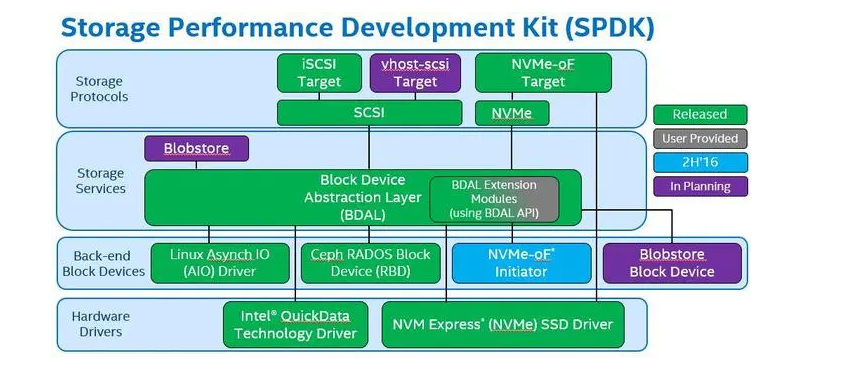Ladies and gentlemen,
Today, I stand before you to talk about a topic that has become increasingly prevalent in our society - the phenomenon of “empty nest youth”. The term “empty nest” traditionally refers to the stage in life when parents’ children have grown up and moved out of their family home. However, in recent years, we have witnessed a new trend emerging - young adults who are facing an empty nest situation much earlier than expected.
The concept of empty nest youth revolves around young individuals who find themselves living away from their parents at a relatively young age, often due to various circumstances such as pursuing higher education, job opportunities, or simply seeking independence. These young adults embark on their own journeys, leaving behind the comfort and security of their childhood homes.
While this newfound independence can be exhilarating for some, it also comes with its unique set of challenges. Empty nest youth often experience feelings of uncertainty and apprehension as they navigate through this transitional phase. They may encounter financial burdens, loneliness, and the responsibility of managing household tasks previously taken care of by their parents.
One significant aspect that sets empty nest youth apart is the need for self-reliance and personal growth at an early stage. They are thrust into situations that require them to adapt quickly and make decisions independently. This can be both empowering and overwhelming as they face the reality of adulthood sooner than anticipated.
However, despite the potential difficulties that come with being an empty nest youth, there is immense potential for personal development and resilience. These individuals have the opportunity to discover themselves, explore their passions, and cultivate essential life skills. They learn to balance responsibilities while embracing newfound freedom.
Furthermore, empty nest youth often develop strong problem-solving abilities and become more adaptable to change. They learn how to create supportive networks outside of their immediate families and build relationships based on shared experiences and common goals. In doing so, they form a strong sense of community among fellow empty nest youth, providing support and camaraderie during this transformative stage of life.
As a society, it is crucial that we recognize and acknowledge the unique challenges faced by empty nest youth. We must provide them with resources, guidance, and support systems to help navigate this period of transition successfully. This could include mentorship programs, financial literacy education, and mental health initiatives tailored specifically to their needs.
In conclusion, the concept of empty nest youth reflects a societal shift in which young individuals are experiencing independence at an earlier stage. While it presents its own set of challenges, it also offers opportunities for personal growth and resilience. Let us work together to empower and uplift these young adults as they navigate the uncharted waters of adulthood outside the comfort of their childhood homes.
Thank you.
内容由零声教学AI助手提供,问题来源于学员提问





















